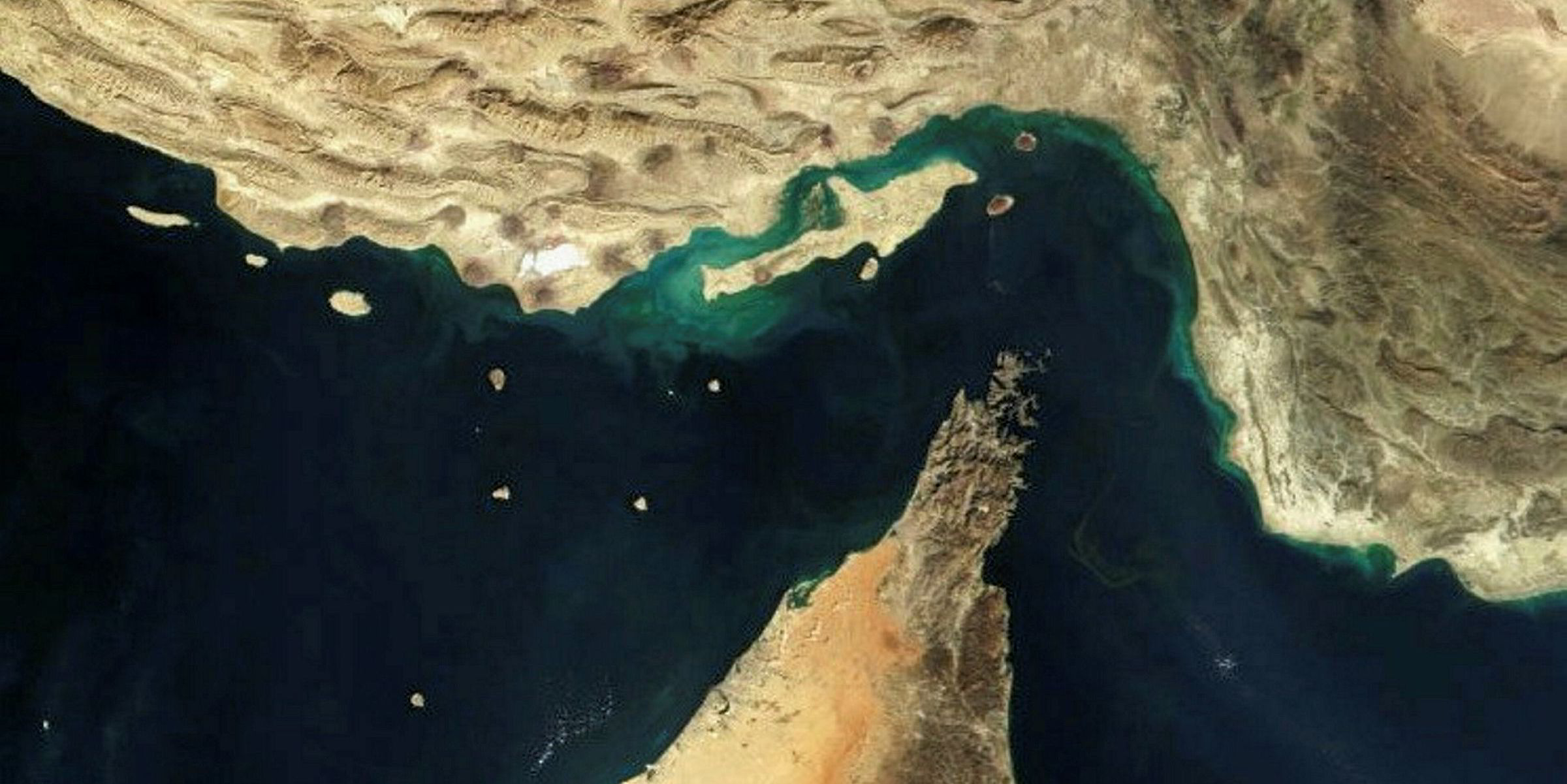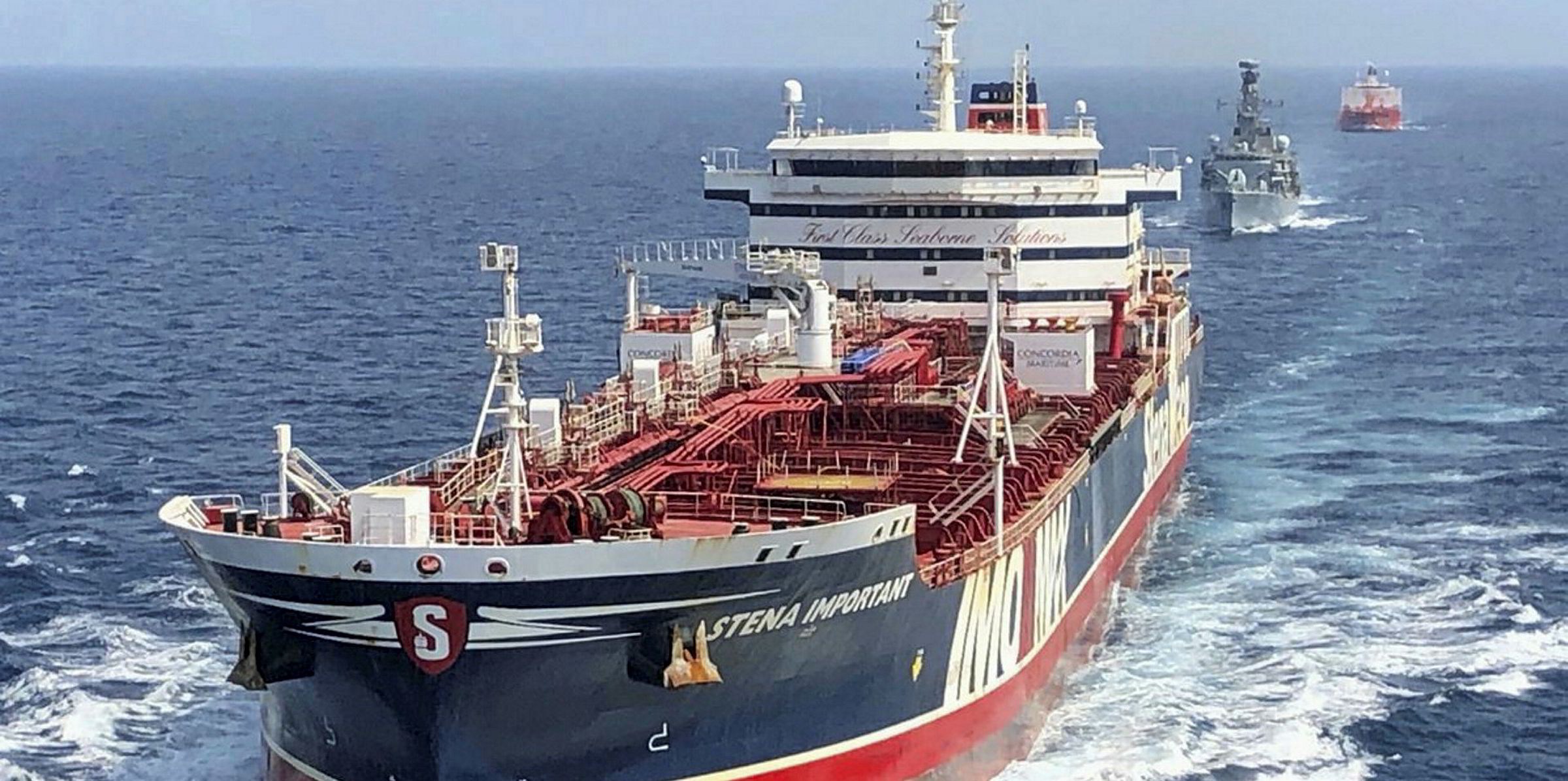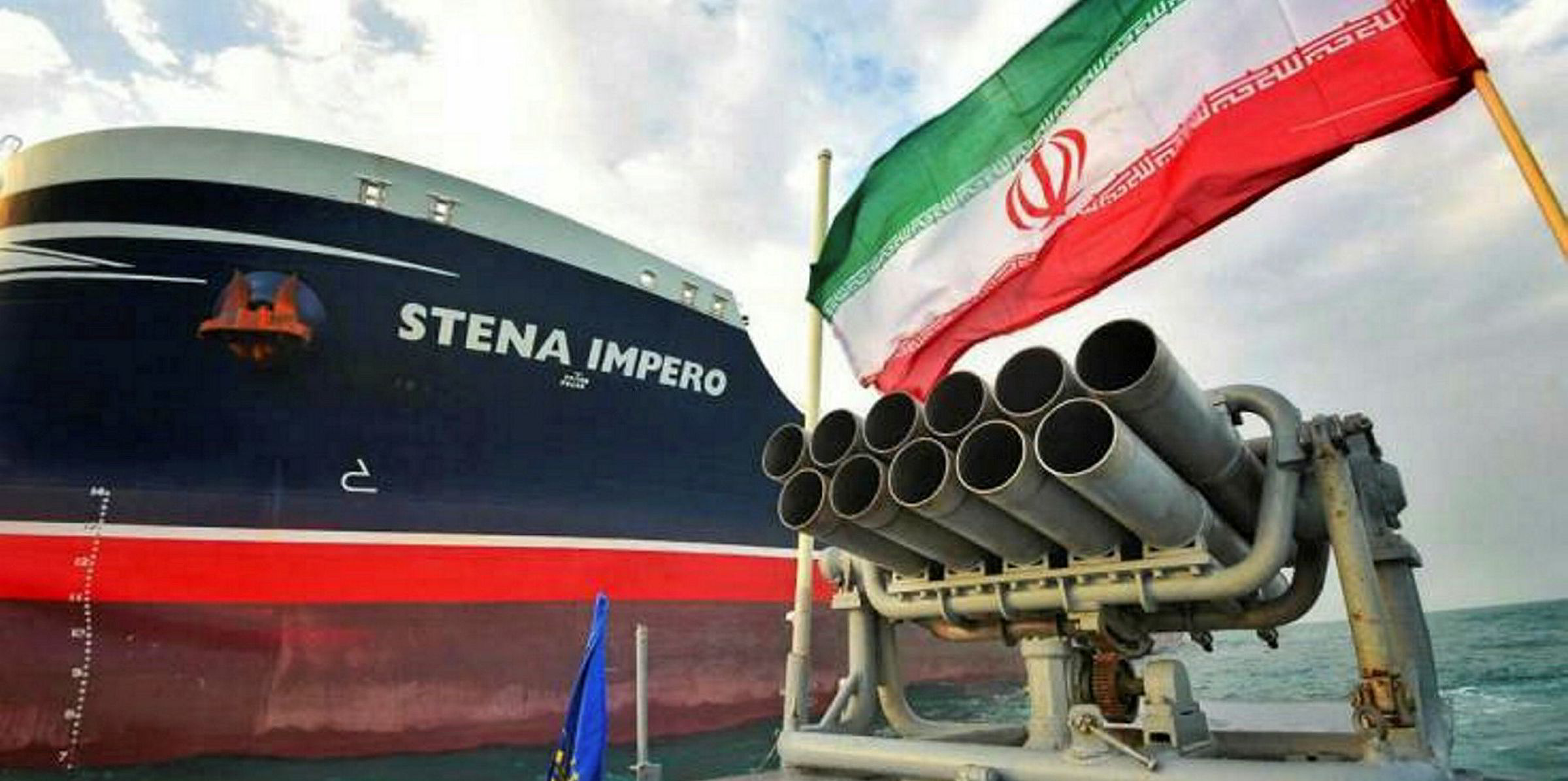Crew on vessels transiting the Strait of Hormuz could see their wages doubled, pending a decision that will be made today.
Seafarers' unions are meeting today with the UK Chamber of Shipping to discuss whether the Middle East Gulf should be redesignated as a high-risk area, which would prompt a hike in wages for UK crew and possibly for others.
The talks, under the Warlike Operations Area Committee (WOAC), come following attacks on shipping in the region and the recent hijacking of the 50,000-dwt tanker Stena Impero (built 2018) by the Iranian Revolutionary Guard.
Earlier today, the UK foreign secretary said Britain will not negotiate with Iran to exchange the Stena Impero for the VLCC Grace 1, which was seized in Gibraltar on 4 July.
“There is no quid pro quo. Grace 1 was intercepted because it was in breach of sanctions and heading with oil to Syria,” Dominic Raab said this morning on BBC Radio 4's Today programme.
“The Stena Impero was unlawfully detained. So this isn’t about some kind of barter. This is about international law."
High-risk area redesignation
UK crew would see their pay being hiked if the WOAC today decides to redesignate the Strait of Hormuz as a 'high risk area'.
Under national wage agreements, UK seafarers would be entitled to double wages when they work on ships trading in the region.
The decision could also eventually influence the employment conditions of thousands of seafarers working on open-register ships.
The International Bargaining Forum (IBF) is due to meet on Wednesday with the International Transport Workers Federation (ITF) to discuss the WOAC decision.
The IBF is shipping’s largest collective bargaining employment contract.
Meetings have already taken place between the Joint Negotiating Group (JNG), a major partner in the IBF agreement and the ITF.
JNG chairman Koichi Akamine said: “The industry was shocked with the attacks off the coast of Fujairah on 12 May and it has been unsettling to witness the series of events over the ten weeks following.
"Seafarers working onboard merchant vessels that should have been accorded the right of freedom of innocent passage, have been caught up in the situation, causing great distress to them and their families.
"The JNG will engage in dialogue with the ITF to look at how we can best ensure the welfare of the seafarers sailing within the region.”
Military response
Speaking on the Today programme, Raab highlighted the need for Western allies to collaborate on maritime security in the Middle East Gulf, particularly with support from the US.
“We want to see a European-led approach but in reality it shouldn’t be some kind of geopolitical EU versus US tussle,” Raab told the Today programme.
“I think it would be important for the European-led initiative to have US support to make it viable.”
The UK now has two warships — the frigate HMS Montrose and the destroyer HMS Duncan — in the Middle East Gulf, which are escorting UK-flagged ships as they pass through the Strait of Hormuz.





